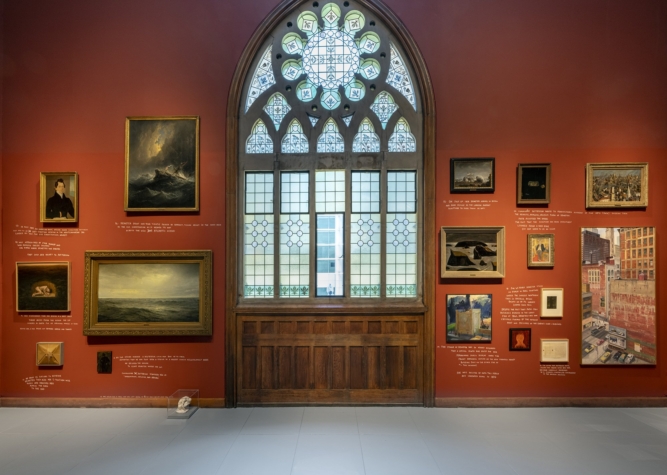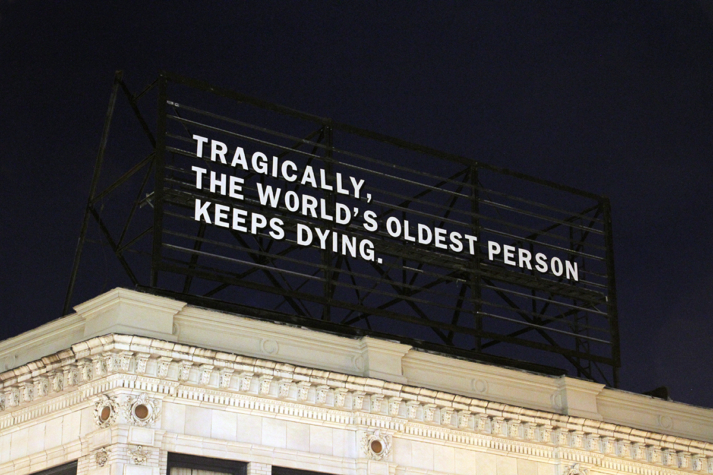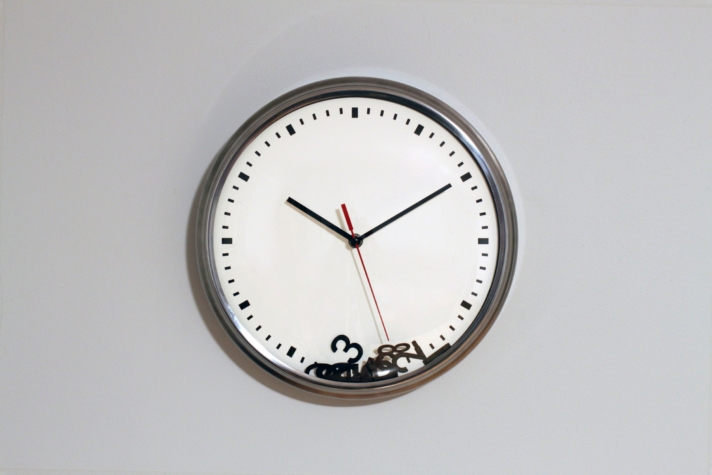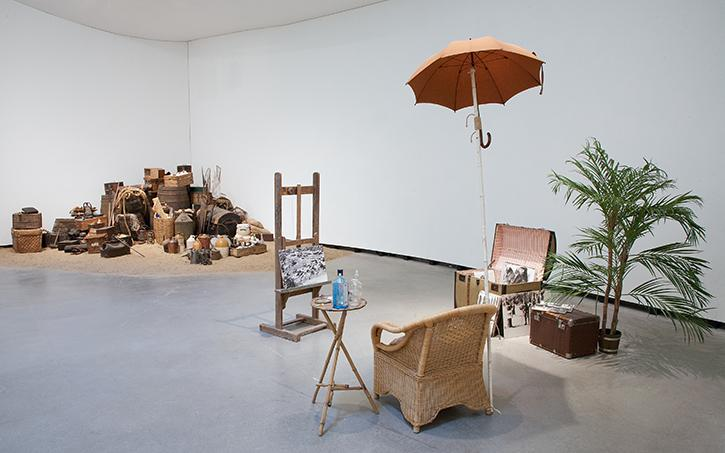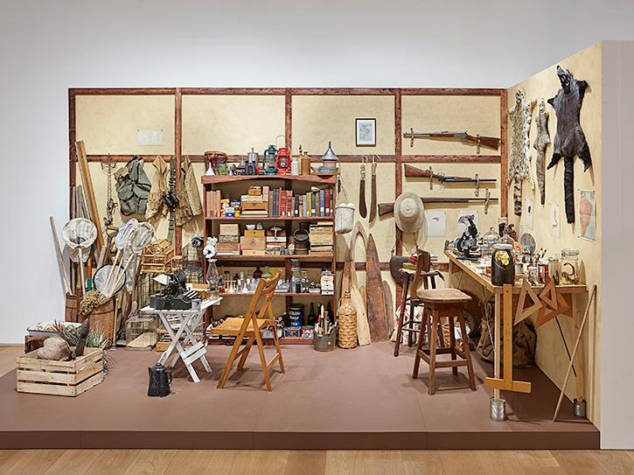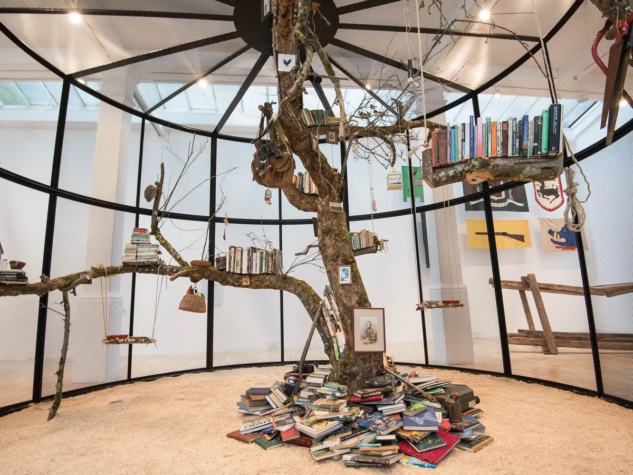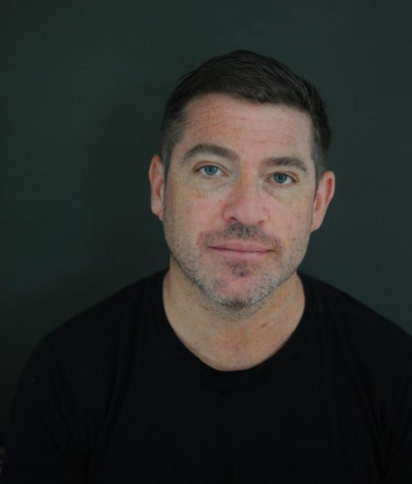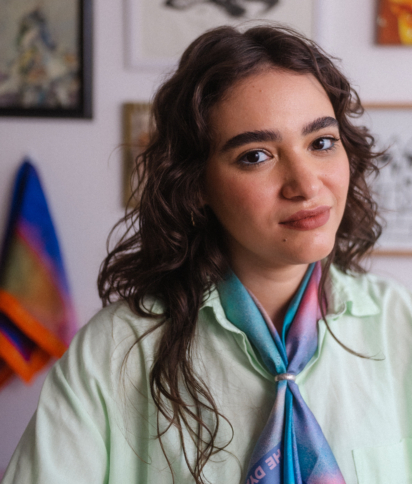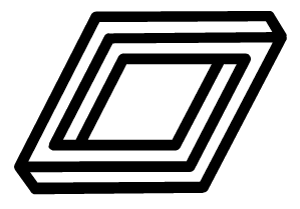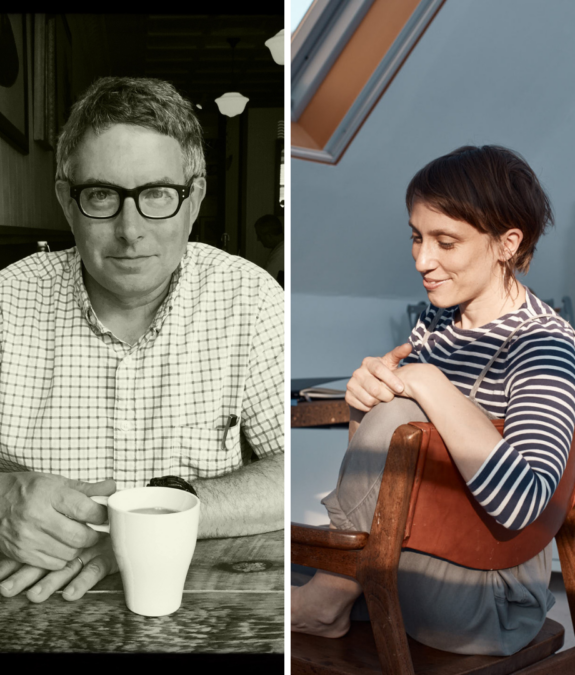
Something out of Nothing
Experiments in Quick Thinking and Quick Working With Mark Dion & Lenka Clayton
The class would focus on brainstorming and problem solving to materialize conceptual solutions to site specific art making problems. The methodology would be fast paced, down and dirty and rather fun. We'll explore intuitive reasoning, improvisation, and bricolage. Students will be guided to make a series of works in response to prompts, questions and challenges that aim to condense the process of ideation to realization in order to explore and expand an art making practice.
November 1 - 10th
Wed, Thurs, Fri
1:00 - 3:30pm EST
16
Students
$2,000 New Student
$1,750 Returning Student
USD
Mark Dion was born in New Bedford, Massachusetts in 1961. He received a BFA (1986) and an honorary doctorate (2003) from the University of Hartford, Hartford Art School, and attended the Whitney Museum of American Art’s Independent Study Program.
Dion’s work examines the ways in which dominant ideologies and public institutions shape our understanding of history, knowledge, and the natural world. Appropriating archaeological, field ecology, and other scientific methods of collecting, ordering, and exhibiting objects, Dion creates works that question the distinctions between ‘objective’ (‘rational’) scientific methods and ‘subjective’ (‘irrational’) influences. Dion also frequently collaborates with museums of natural history, aquariums, zoos, and other institutions mandated to produce public knowledge on the topic of nature.
By locating the roots of environmental politics and public policy in the construction of knowledge about nature, Mark Dion questions the objectivity and authoritative role of the scientific voice in contemporary society, tracking how pseudo-science, social agendas, and ideology creep into public discourse and knowledge production.
Lenka Clayton is an interdisciplinary artist whose work considers, exaggerates, and alters the accepted rules of everyday life, extending the familiar into the realms of the poetic and absurd. In previous works, she has searched for and photographed every person mentioned by name in a single edition of a German newspaper; corresponded by letter with a thousand museum directors and curators to explore the nature of art; worked with artists who identify as blind to recreate Brancusi’s Sculpture for the Blind from a spoken description; and built a full size, working lighthouse hidden within a dilapidated row house. Clayton is also the founder of An Artist Residency in Motherhood, a self-directed, open-source artist residency program that takes place inside the homes and lives of artists who are also parents. There are currently over 1,200 artists-in-residence in 80 countries.
Recent exhibitions include The Museum Collects Itself (2023) at the Mattress Factory Museum in Pittsburgh, Rising Sun (2023) at Pennsylvania Academy of Fine Arts in Philadelphia, Day Jobs (2023) at the Blanton Museum of Art in Austin, Darkhouse Lighthouse (2022) Troy Hill Art Houses, Pittsburgh, To Begin Again (2022) at ICA Boston, Fruit and Other Things (2019) at the Carnegie Museum of Art in Pittsburgh, Apollo’s Muse (2019) at The Metropolitan Museum of Art NY and . . . circle through New York (2017) at The Solomon R. Guggenheim Museum.
Clayton’s work has been supported by The Warhol Foundation and The National Endowment for the Arts. She has received an Art Matters Award, a Carol R. Brown Award for Creative Achievement, and a Creative Development Grant from Heinz/Pittsburgh Foundation. She has been artist-in-residence at The Fabric Workshop and Museum, PA and Headlands Center for the Arts, CA. Clayton’s work is held in collections including The Metropolitan Museum of Art in New York, SFMoMA in California, Hamburger Kunsthalle in Germany, and The Carnegie Museum of Art and The Philadelphia Museum of Art in Pennsylvania.
More Classes
Live online classes with the world’s best artists and curators
Let’s Make A Show
This course offers an opportunity for artists to work with other artists to make exhibitions together. This course is led by and facilitated by Nato Thompson, who has already had tremendous success in his courses at The Alternative Art School, working with artists to figure out ways to make exhibitions together. The basic motto is: rather than waiting for someone else to give you a show, artists can work together to produce exhibition opportunities. Of course, these will not be classic exhibitions in white cube galleries, but instead provide lower-cost fun ways in the spirit of Fluxus to get their work out into the world and into conversation with new audiences and artists. Past examples include work trades in living rooms or even on refrigerators, WhatsApp exhibitions, PowerPoint shows, PDF exhibitions, collective meditations, postcard campaigns, and more.
Lost & Found:
Artistic Approaches to the Photographic Archive
This two-hour, fully theoretical workshop is designed for those interested in reinterpreting personal or found photographic archives—whether working with printed photographs, film slides, film negatives, or other materials. Through discussions on contemporary artists, alternative techniques, and unique installation methods, participants will gain new perspectives on how to engage with archival imagery. The session will provide inspiration and strategies for transforming archival materials into meaningful artistic expressions.
Crash Course in Adobe Premiere Pro:
Video Editing Basics
This one-day intensive workshop is designed to get you up and running with Adobe Premiere Pro. Learn the essential tools and workflows to create high-resolution, professional-quality video works. We'll cover importing footage, basic editing techniques, timeline navigation, multi-channel video editing, and exporting for different platforms. Perfect for beginners or those looking to sharpen their foundational skills, this crash course will give you the confidence and tools to start editing with clarity and creativity. This course will be recorded for anyone unable to make it LIVE.
